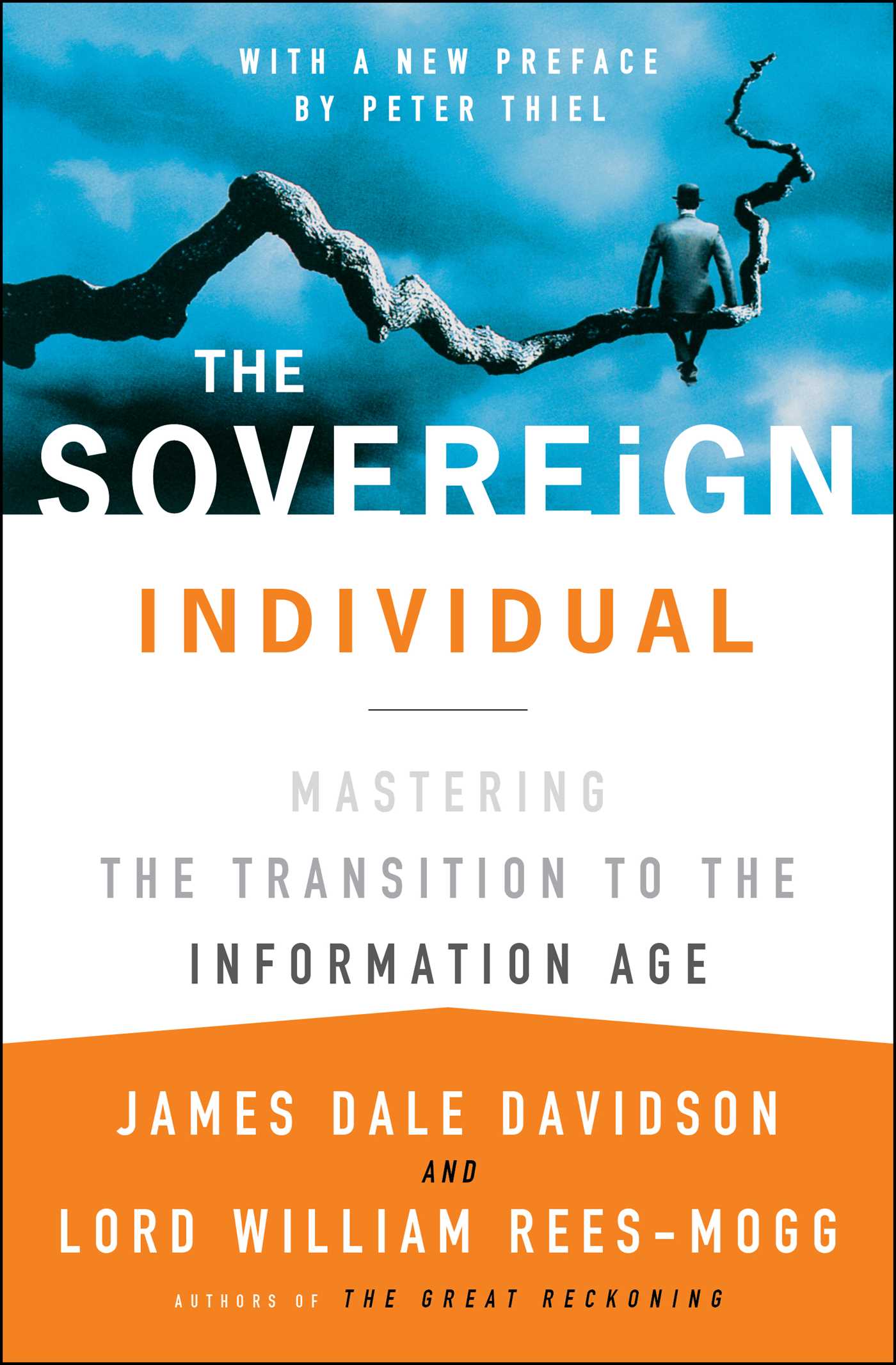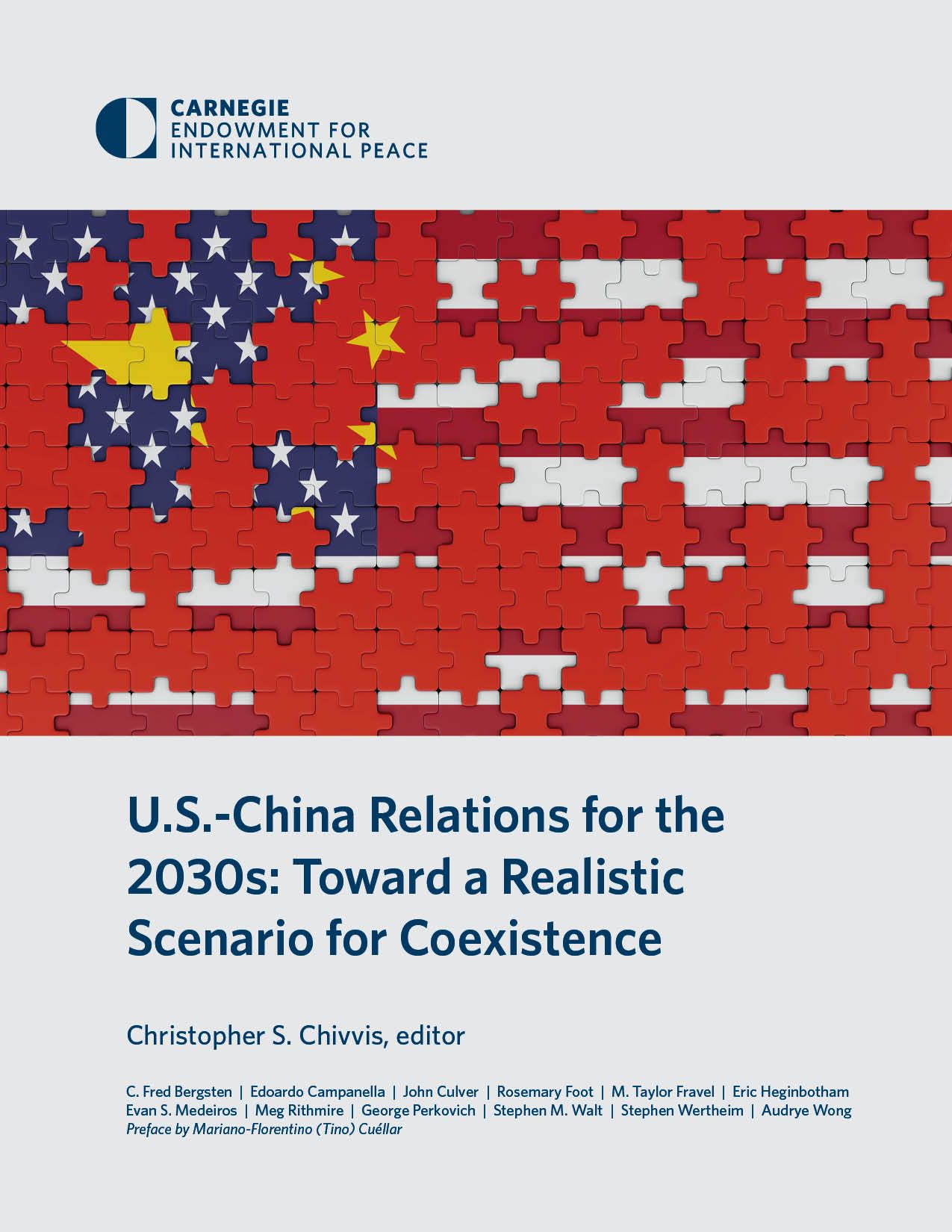Report on Media Censorship in the Russian Federation and its Implications for Sustainable Development Goal 16
Introduction: A Setback for Peace, Justice, and Strong Institutions
Recent admissions by Kremlin officials regarding state-enforced media censorship represent a significant challenge to the principles outlined in the United Nations’ Sustainable Development Goals (SDGs), particularly SDG 16, which aims to promote peaceful and inclusive societies, provide access to justice for all, and build effective, accountable, and inclusive institutions at all levels. The justification of “unprecedented” military censorship directly contravenes the fundamental freedoms and access to information central to this goal.
Official Stance on Information Control and its Conflict with SDG Target 16.10
In a recent interview, Kremlin spokesman Dmitry Peskov acknowledged and defended the implementation of widespread military censorship. This policy directly undermines SDG Target 16.10, which seeks to “ensure public access to information and protect fundamental freedoms.”
- Justification for Censorship: The spokesman cited the ongoing “war in the information space” as justification for the current regime, stating it would be “wrong to turn a blind eye to the media that are deliberately engaged in discrediting Russia.”
- Impact on Independent Media: The policy has led to the closure of numerous independent publications and the departure of journalists from the country, severely limiting the diversity of information available to the public and hindering the development of strong, independent institutions as envisioned by SDG 16.
- Promotion of State Narrative: The official praised a shift towards more “patriotic” media coverage, framing previous skepticism towards the state as a negative trait. This approach curtails critical discourse essential for accountable governance (SDG 16.6).
The State of Media Freedom and Institutional Accountability
The current media environment in the Russian Federation, as documented by international advocacy groups, reflects a systematic erosion of the pillars required for achieving SDG 16.
- Suppression of Independent Voices: According to Reporters Without Borders, nearly all independent media outlets have been subjected to sanctions, blocking, or outright bans since February 2022. This action removes critical checks and balances on power, which are fundamental to “accountable and inclusive institutions.”
- Dominance of State-Controlled Media: The remaining media are predominantly owned by the state or its allies. These outlets are reportedly required to follow directives from the president’s office, with television, the primary news source for most citizens, being heavily controlled by the government.
- Narrative Control and SDG 16.1: The state-mandated framing of the conflict in Ukraine as a “special military operation” obstructs a clear public understanding of events, thereby impeding progress towards SDG 16.1, which aims to “significantly reduce all forms of violence and related death rates everywhere.”
Conclusion: Long-Term Implications for Sustainable Development
The official endorsement of military censorship and the suppression of independent journalism create a significant barrier to achieving the targets of SDG 16. While the Kremlin spokesman alluded to a potential future “softer information policy,” the current regime actively dismantles the infrastructure for public access to information and the protection of fundamental freedoms. This regression not only impacts peace and justice within the region but also undermines the global effort to build strong, accountable, and transparent institutions for a sustainable future.
SDGs Addressed in the Article
SDG 16: Peace, Justice and Strong Institutions
- The article directly relates to SDG 16, which aims to “Promote peaceful and inclusive societies for sustainable development, provide access to justice for all and build effective, accountable and inclusive institutions at all levels.” The discussion of “unprecedented military censorship,” the shutdown of independent media, and the justification of these measures as necessary for the state directly contravenes the goal of building accountable and inclusive institutions. The article highlights a regression from these principles by describing a state-controlled information environment where fundamental freedoms are curtailed.
Specific Targets Identified
Target 16.10: Ensure public access to information and protect fundamental freedoms, in accordance with national legislation and international agreements.
- This target is the most relevant to the article’s content. The text explicitly details the violation of this target. The Kremlin’s admission of “military censorship” and the report from Reporters Without Borders stating that “almost all independent media sources in Russia have been banned, blocked, or subjected to censorship” are direct evidence of the failure to ensure public access to information and protect the fundamental freedom of the press. The article also notes that “journalists had left the country,” further illustrating the suppression of these freedoms.
Indicators for Measuring Progress
Implied Indicators for Target 16.10
- While the article does not mention official UN indicator codes, it provides clear qualitative data that can be used to measure the status of Target 16.10. These include:
- Number and status of independent media outlets: The article states that “many independent publications had closed down” and that “almost all independent media sources in Russia have been banned, blocked, or subjected to censorship.” This serves as a direct indicator of the decline in media freedom.
- Number of journalists in exile: The acknowledgment that “journalists had left the country” is an indicator of the unsafe and restrictive environment for media professionals, which relates to the protection of journalists under this target.
- Degree of state control over media: The article indicates a high degree of state control, noting that “The remaining media are owned by the state or by Kremlin allies” and that television channels, the primary news source for most Russians, “are heavily controlled by the government.” This measures the lack of media pluralism and independence.
SDGs, Targets, and Indicators Analysis
| SDGs | Targets | Indicators (as identified in the article) |
|---|---|---|
| SDG 16: Peace, Justice and Strong Institutions | Target 16.10: Ensure public access to information and protect fundamental freedoms, in accordance with national legislation and international agreements. |
|
Source: newsweek.com







